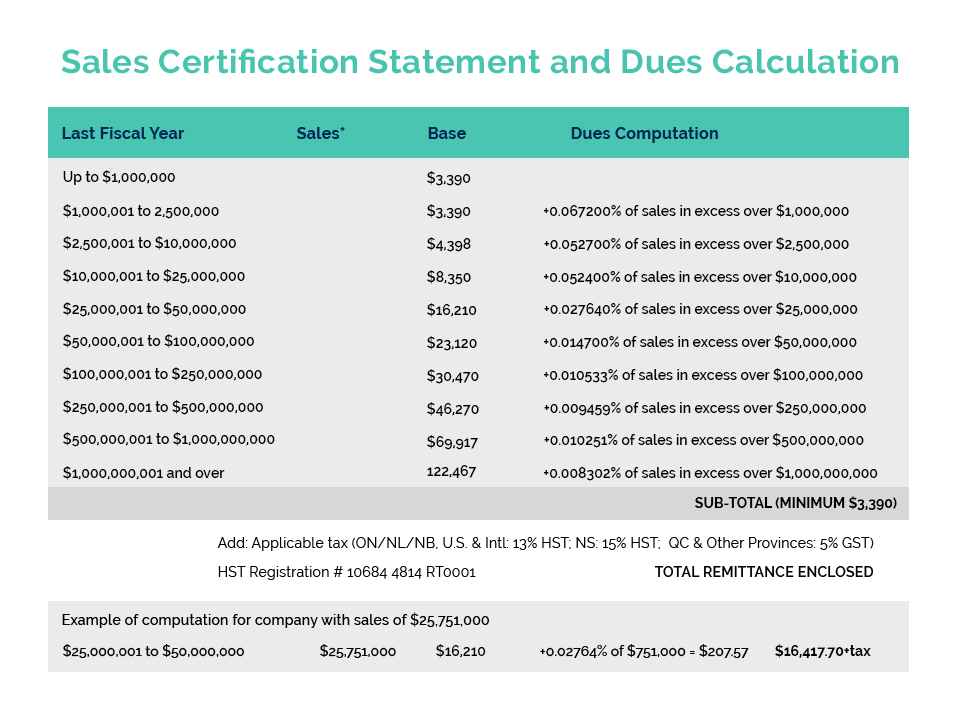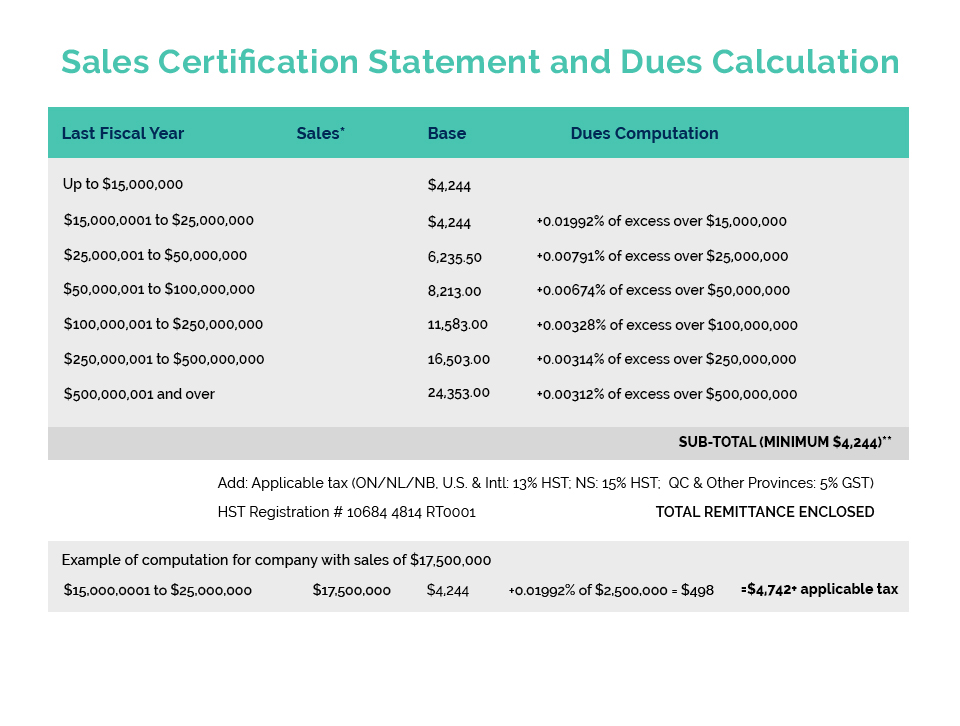Health Canada has published a guidance document related Canada’s new Cosmetics Animal Testing Ban (Guidance Document on Animal Testing Ban). This guidance, intended for industry stakeholders, communicates Health Canada’s interpretation of the new requirements in the Food and Drugs Act. The legislation came into force on December 22, 2023.
Generally, the requirements for the Cosmetic Animal Testing Ban as outlined in the Food and Drugs Act are:
- Cosmetics sold in Canada should not be tested on animals to satisfy the cosmetic requirements of the Food and Drugs Act or safety requirements relating to cosmetics under the laws of another country;
- Ensure that the safety of any new cosmetic product sold in Canada can be established by relying strictly on permissible data (i.e., data not derived from animal testing or data satisfying the relevant exceptions); and,
- Ensure that any claims relating to the absence of animal testing on the label of a cosmetic, or in an advertisement for a cosmetic, can be substantiated.
Recall, these requirements are intended to align with the principles behind the European Cosmetic Animal Testing Ban, delivered in the Canadian context. Therefore, in practice, these prohibitions are aligned with the underlying practical premise of the corresponding European ban.
There are several prohibitions outlined in the guidance document on animal testing by Health Canada. Outlined below are key points industry should take into consideration.
Prohibition on the conduct of cosmetic animal testing
- prohibition applies to the testing of substances, ingredients, and finished cosmetic products
- animal testing cannot be conducted on cosmetic for specific sub populations e.g. infants
- animal testing can not be done in Canada for the purpose of using the resulting data to substantiate the safety of the cosmetic to satisfy regulatory requirements in another country.
Prohibition on the sale of cosmetics relying on animal testing data
Below are exemptions to animal testing as outlined in the Food and Drugs Act (Section 16, Paragraphs 16.1(2)(a) through (f)). The guidance document outlines in detail each of the exemptions below:
- Government available data
- Publicly available data
- Mixed-use ingredients
- Previously generated data
- Cosmetics sold before the prohibition
- Additional circumstances allowed by the Governor in Council
Prohibition on false claims on labels and in advertising
False or misleading claims that relate to animal-testing are prohibited and applies to existing claims on products as of December 22, 2023, and future products. Health Canada has outlined examples of this prohibition in section 4.2 of the guidance.
Please note Health Canada does not intend to impose any standards for cruelty-free claims relating to animal testing. Industry can continue to determine how they want to state claims on their labels, as long as claims can be substantiated.
Complaints on cosmetic products can be submitted to Health Canada and Health Canada can reach out to stakeholders for further information/evidence of non animal testing claims. The compliant can be further escalated to the Competition Bureau for consideration.
When a compliant is submitted Health Canada interprets claims under two categories:
- a) fixed-date claims and
- b) claims with no fixed date:
Fixed-date claims are those that either include a date (e.g., ‘Cruelty-free since 2025’) or explicitly claim to be starting from a given point in time and moving forward. Fixed-date claims will be assessed for accuracy from the earlier of: the date the claim is first made, or the date indicated in the claim, but no earlier than December 22, 2023.
Claims with no fixed date are those that are general and don’t include a date (such as, ‘Not tested on animals,’ ‘Cruelty-free,’ or ‘Never tested on animals’). Unless the claim explicitly indicates that it is occurring from a point forward (on the claim itself or publicly on the third-party certification website/program), Health Canada will interpret it as being a claim with no fixed date. Health Canada will assess the veracity of claims with no fixed date as of December 22, 2023.
Supplying evidence upon request of the Minister
Health Canada may request that evidence be submitted, as part of the compliance and enforcement measures for the ban on cosmetic animal testing. Please refer to section 5 of the guidance document for a list of evidence accepted by Health Canada.
Net Impression of Claims and Logos – Also Subject to Competition Law
It is important to note that this guidance document is specific to considerations under the F&DA. One must also consider false and misleading considerations under the Competition Act, in particular, taking into account the overall net impression conveyed by logos and claims associated with such logos. With the animal testing prohibition now in place for cosmetics, logos leaving the net impression that a product that does not exhibit a logo may in fact be ‘tested on animals’, where it would otherwise now be illegal to do so, may potentially be deemed as misleading. Many logos may in fact extend beyond ‘testing considerations’ and as such products exhibiting such logos may be broader in coverage, and therefore may still be supported. This guidance does not address these specific considerations – which are outside the purview of F&DA and Health Canada. Members are urged to consult with counsel to assess and evaluate Competition Law compliance, in addition to the considerations outlined in this guidance.
The guidance document also provides illustrative examples of the prohibitions outlined above in Appendix A. Please take the time to review the guidance document and let us know if you have any questions or concerns.








